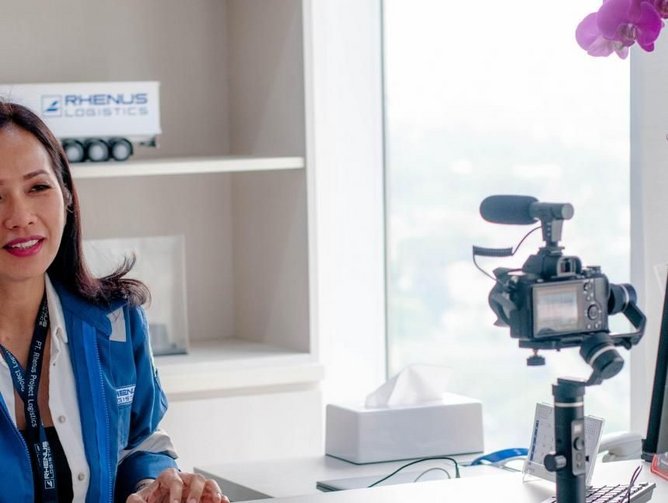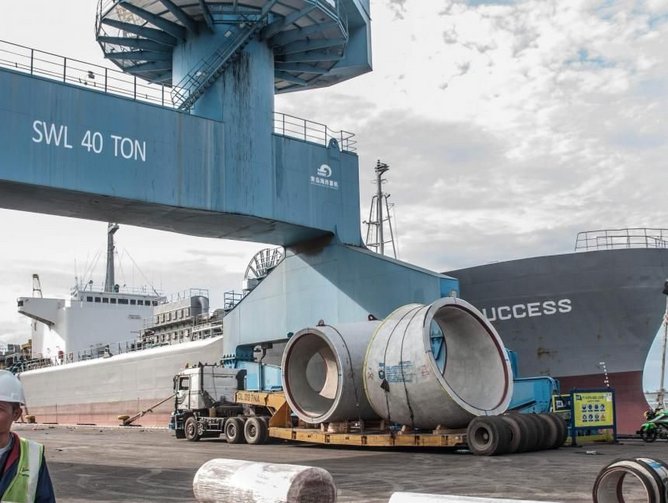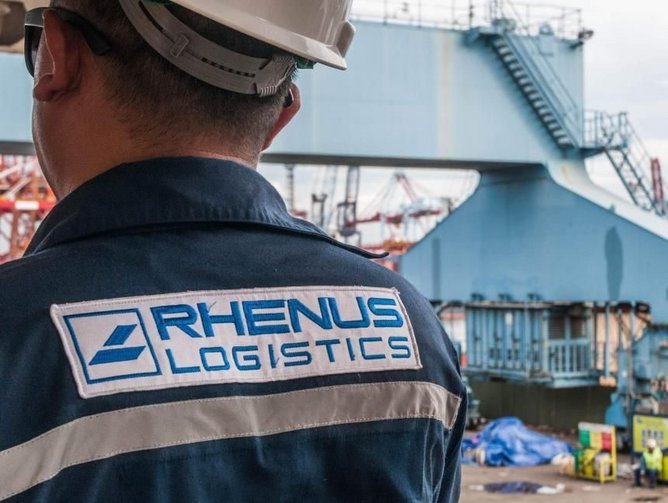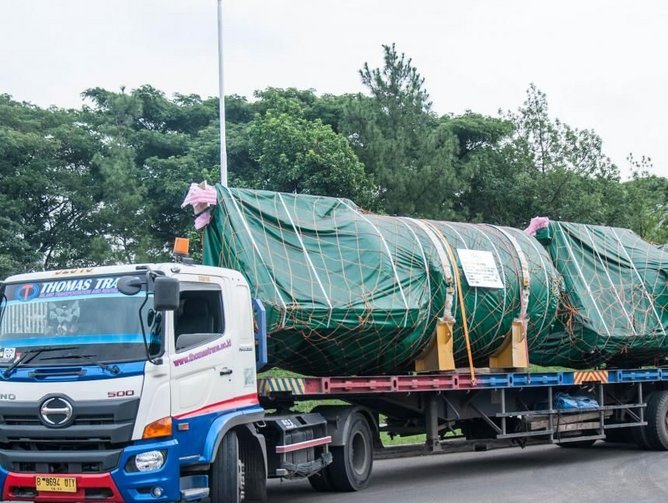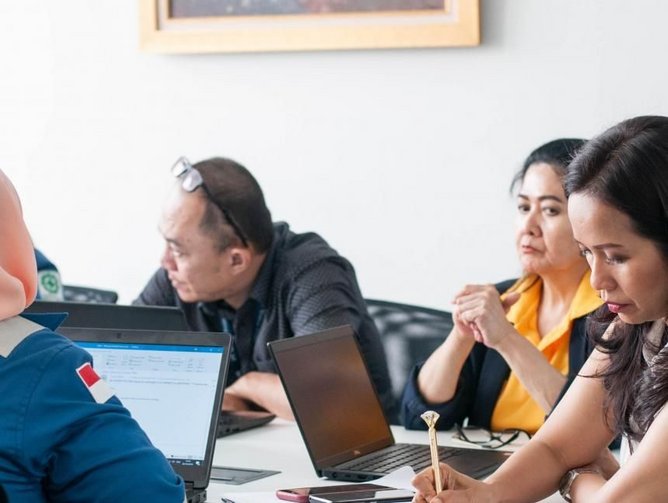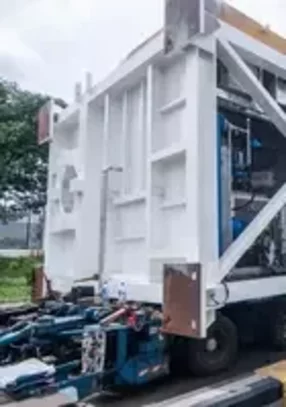Operating a firm supply chain strategy in Indonesia with Rhenus Indonesia
As an international freight and logistics forwarding company, Rhenus Project Logistics Indonesia is part of Rhenus Group, specializes in air, ocean and road freight.
Operating as just one component of the larger Rhenus Logistics Worldwide Organisation, Rhenus holds locations all over the globe. Following wthe company’s expansion into Indonesia in 2017, Rhenus’ headquarters is located in the capital of the country, Jakarta; it has an additional two offices in Semarang and Surabaya. The company offers a project logistics service which focuses on transporting heavy equipment and building parts, for the oil and gas, mining, power, electrical and construction industries. However, Sari Safianti, Managing Director of Rhenus Project Logistics Indonesia, recognises that the nation is a challenging market to operate in. “Indonesia is a developing country where operations don’t run as easily as they do in Europe,” she admits. “When you invest money in Indonesia, it’s important to remember that you’re not likely to see a return on the investment for at least six months to a year.”
With a population of over 270mn, Indonesia is the fourth most populous country in the world. Safianti affirms one of the biggest challenges to overcome is finding a way to manage the 17,500 islands in Indonesia. “We have to ensure we’re granted logistics custom clearance more quickly. In Europe, this can be completed within hours, however, in Indonesia, it could take between five days and two weeks,” she explains. “This is especially true if there’s any issues with the documents or discrepancies on the physical goods.”
Due to technology having a significant influence on how businesses conduct operations globally, most companies are keen to implement new processes whenever they can. With its European locations kitted out with the latest IT infrastructure, Safianti admits Rhenus Indonesia isn’t where it needs to be from a technological standpoint. “Indonesia still has work to do. We’re not there yet in comparison to some of our operations in European countries,” she explains. “For example, equipping GPS on trucks is an important tool. We want to control our trucks and time check where they are at all times but unfortunately, this isn’t supported for all areas in Indonesia yet.” With Indonesia recognised as one of the world’s most populated countries, the potential ability that technology has in the country is staggering. With artificial intelligence, machine learning and Big Data playing a prominent role in the operations of a vast number of supply chains worldwide, Rhenus has seen a clear gap to its European counterparts open up. “Indonesia has begun digitising its supply chains, but it is mostly centralised in Jakarta at the moment,” explains Safianti. “There’s a lot of startup companies that are beginning to do well in Indonesia, however, leveraging technology remains a big task for the country.”
Rhenus values customer-centricity and delivers comprehensive project solutions tailored to ensure the needs of its customers are met. “We like to focus on select industrial sectors to understand as much as we can about a customer,” says Safianti. “It’s up to us to know what their needs are and how we can best fulfil their requirements to deliver on our promises. Once our customers recognise our commitment towards them, they’ll want to continue to work with us. With this mutual trust in place, I believe this will help us achieve long-term sustainability.” Growth is an important focus area for Safianti. With just six employees a year ago, Rhenus Indonesia has since doubled the number of its workers. “The team is already growing significantly,” she says. “We have a number of different locations of the project as well as our subsidiary companies. We operate all over Indonesia.”
Rhenus Indonesia has developed a strategic partnership with PT Karana Line to drive operations forward. Safianti believes in the importance of establishing mutually beneficial business relationships and looks for “trust, communication, commitment, and consistency” when seeking to begin a new collaboration.
Looking to the future, Safianti has a clear vision of the position she expects her firm to be in over the next few years. “We’re optimists and have our own timeline of what we want to achieve in the near future. Ultimately, we want to ensure we become more sustainable,” she affirms. Safianti expects the supply chain space in Indonesia to continue to accelerate as technology becomes a bigger player in the Indonesian market. “The supply chain industry is growing and I expect it to continue, not just in Indonesia but worldwide too,” she says. “At the moment, Indonesia is very traditional. However, with digitisation being implemented rapidly on a global scale, it’s clear the industry is moving in that direction. I expect that the combination of technology and the supply chain will drive efficiency forward and save companies money. It’s only a matter of time before it’s fully embraced here too.”
